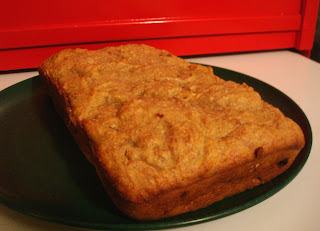This snowy afternoon found me absorbing all of Weight by Jeanette Winterson while sitting with my kitty. A retelling of the Heracles and Atlas myth, Winterson delicately balances interweaving the mythology of her own life (and therefor the life of every person) with these two Greek heroes so effortlessly that I felt the gravitational pull of the earth on my own shoulders.
As is common with most of Winterson's work, the words she chooses are so poetic that they dazzle and beautify the prose, but with modesty. I'm truly in love with the language she uses, it almost doesn't sound like English. Whereas many writers strive to write beautifully and then fall flat when they incorporate a string a pretty words into prose purposefully, Winterson knows what she is doing.
In this work, she has truly considered the weight of Atlas' fate; the mistakes he made, the isolation he felt, the resignation that finally gave into realization that one must not be forever burdened by the past. Although we are all products of our past, our inner desires create the world for us anew as well.
Whereas the reader can readily relate to Atlas, Heracles is his foil. Heracles is all charisma, all action, little thought. Slaying monsters without reason to fear, the only person he trembles beneath is Hera. His story is shorter than that of Atlas, as he isn't immortal, yet he finds resolution towards the last moments of his life.
Heracles' ending is outwardly tragic, yet he came to the realization that he was content in love and finally felt the recognition of his father. The events of one's life story isn't the whole story itself. It is also made up of our thoughts and emotions.
Atlas' ending was open, as is the story of our own lives. What happens when we leave the Earth? Do other adventures await? When we give up the weight of the world, when fate plays itself out- then we have the freedom and responsibility to create the world anew.





















